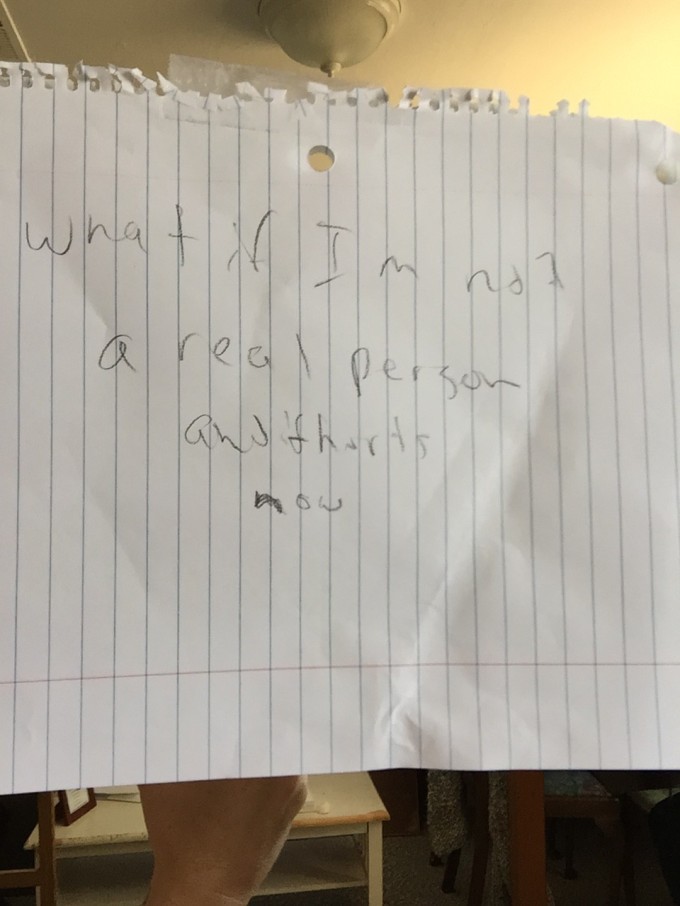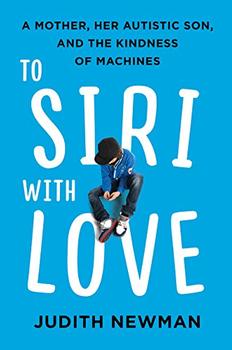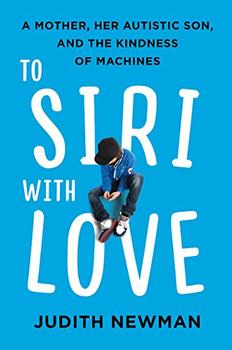[medical trauma, stillbirth]
I’ve been banned on Twitter for standing up for patient rights, so I would appreciate anyone posting this on that platform.
The first time I recognized toxic medical culture was when I was pregnant with my first daughter. It was late 2002, and I was living with my husband in Portland, Oregon. I had a job as a paralegal, which came with really good health insurance. I know younger folks won’t believe this, but the amount I paid out of pocket for that medical insurance? $53 a month. My dental and vision was an additional $6.
I was excited to be pregnant and, like a lot of folks carrying a child for the first time, I was perhaps a little overly-fastidious about what I put into my body and how I took care of myself. It was the only time in my life I shopped at Whole Foods, for instance, paying more for organic kale shipped overnight from California than I could afford to spend on a week’s groceries now. I stayed entirely away from caffeine, which I likely couldn’t do now to save my life. I walked the three miles to work every day to keep in shape, but worried endlessly about whether I was inhaling too much exhaust because of it.
I didn’t smoke cigarettes, didn’t drink, didn’t do drugs. Not even weed. As some of you know, I spent some time in prison for heroin addiction in 1999-2000, but I’d managed to leave that life entirely behind after that.
However, this wasn’t enough for the midwifery team. Because of my past, they subjected me to random drug testing. It was, they said, for my own protection. It’s amazing what people with power over you will force you to do for your own protection, when they know you have no recourse. If I wouldn’t take the tests, they’d turn me into child protective services and I’d lose my baby before she was born.
It turned out my daughter had a heart defect that was incompatible with life. As I lay sobbing on the gurney, preparing to stillbirth my tiny baby, they had the fucking audacity to tell me my drug tests had come out clean.
“I fucking know,” I sobbed, and they had the further audacity to look shocked and offended.
As if it was about them, in that moment. As if their feelings were the ones that mattered in that situation, when I was in extreme physical and emotional pain, and they had the highly-paid job of caring for me.
This scenario repeats itself in medical facilities all over the world, and especially (it seems) in the United States, where toxic medical culture is the third leading cause of death. Doctor bias—especially against people of color, women, and people with disabilities—has been shown to cause tens of thousands of medical mistakes that lead to permanent injury or death.
Medical providers don’t pay attention to these studies, or the ones that show that trusting your patients and allowing them to be equal partners in their care leads to much better outcomes. Quite the contrary: nurses and doctors often openly opine that a large portion of their patients are fakers and drug seekers. Any perusal of Twitter or Reddit will show them mocking their patients, and if you’ve ever known medical professionals personally, you know that cruelly mocking the folks who come to them for help is one of their favorite pastimes. They have all sorts of opinion articles on medical sites about how we’re all a bunch of fakers, too.
They sometimes use the “opioid crisis” as a reason to torture their patients, but the opioid crisis isn’t driven by prescriptions, and they should know that. In fact, decreasing prescriptions has increased overdoses.
That a large portion of patients could be fakers isn’t rational, especially in the U.S. Who has twenty grand to waste on an ER visit just because we want attention? Who has seven hours to sit in the waiting room just for fun? Anyone can get narcotics for $10 on the street, in a lot less time. You can get a massage or a sex worker for an hour for $60-$400 depending on where you go, and that attention is a lot more positive.
Not only is the “patients are all fakers and drug seekers” narrative not backed up by logic—it’s not supported by evidence. In fact, as I’ve pointed out above, THE OPPOSITE is true—people are regularly dismissed as fakers, then die because of it or are permanently injured. Those are just the worst cases, too. Pretty much everyone who has been to the ER or the doctor has a story of how they were dismissed. Most of us are able to eventually get a correct diagnosis…if we have the privilege of being able to continue self-advocating. But not all of us can, especially if we’re part of a marginalized group.
So many have suffered, and will continue to suffer, until we defeat this toxic medical culture.
The reason I think it’s proliferated, especially in the U.S., is because you generally have to have a certain level of privilege in order to afford the schooling to become a nurse or doctor, so you already are in danger of having a superiority complex. Add that to the fact that insurance companies and medical costs have made it very difficult to get treatment. Medical providers have a de facto monopoly: if they fuck you over, you have nowhere else to go. If you do have the privilege of getting a second opinion, they accuse you of doctor shopping or collecting diagnoses.
The second time I encountered toxic medical culture was when I was in active labor with Kid. My water broke after many hours of contractions. I had to be taken by ambulance to the ER because the ice storm of the century had hit Portland, leaving six inches of ice on the roads and sealed our car doors shut.
The midwife on duty, regardless, wanted to send me home because I was only dilated 4 cm. She had to relent, however, because there was no way to get home. Instead, she told me to stop vocalizing (I had opted to go completely unmedicated, and I was howling. It really helped). The entirety of her “care” was to tell me I was exaggerating my pain. “This is your time to rest, between contractions. Stop wasting your energy being dramatic.” I didn’t have the breath to tell her that there was no time between contractions. They were one after the other.
She went off duty, and a new midwife came on. The last one had refused to check my dilation again. This one did. I was at 9 ½, and started to push immediately. (Hey, Millennials: you know how much I paid for the ambulance ride, birth, and recovery? $45. FORTY-FIVE FUCKING DOLLARS. This was in 2004.)
Luckily, I haven’t had to go to the ER since then, though I have had my back pain dismissed repeatedly by primary care to the point where I’ve quit going to the doctor for it, and just take kratom for it instead. However, my mom has been suffering for years because doctors have refused to investigate or treat her issues. Most recently, she had a seizure at home, and my dad had given her (inept) CPR on the 911 operator’s instructions, when she quit breathing.
The EMTs had to strap her to a gurney and give her Ativan to get her to the ER, because she had post-seizure psychosis and thought they were trying to hurt her. The ER staff had, instead of trying to figure out why she had a seizure, given her a drug test, which came up positive for the Ativan, so they figured she must just be in there for drugs. Why this would be their go-to assumption defies logic or evidence, but these are the people they are dismissing as drug seekers: incredibly sick 65-year-old women.
My mom told shift after shift of medical staff, repeatedly (since they all asked her about pain), that she had pain at a level of 7 in her back, but they never gave her so much as an ibuprofen for the 30 hours she was in the hospital, nor did they investigate the cause of the pain. It wasn’t until months later her primary care doctor (who she’d had to wait months to see) found out my dad had broken one of her vertebrae with the CPR.
They’re still not helping her with it.
And the neurologist she saw recently for follow up on the seizure? He said it was a panic attack and spent their hour consult berating her. She came home in tears and went off her meds. She is refusing further treatment for the seizure she had.
This is medical care in the U.S. This is what we pay a large portion of our incomes for.
I have more anecdotal evidence, but this doesn’t need to be an exhaustive account. Pretty much everyone who has ever had a medical issue has anecdotal evidence. And, again, large-scale studies back up that people in legitimate pain and with legitimate health issues are constantly dismissed and misdiagnosed.
Medical professionals: get your fucking shit together. You’re bad at your jobs. (Except those of you who recognize and fight against this toxic culture. Thank you. That can’t be easy.)




